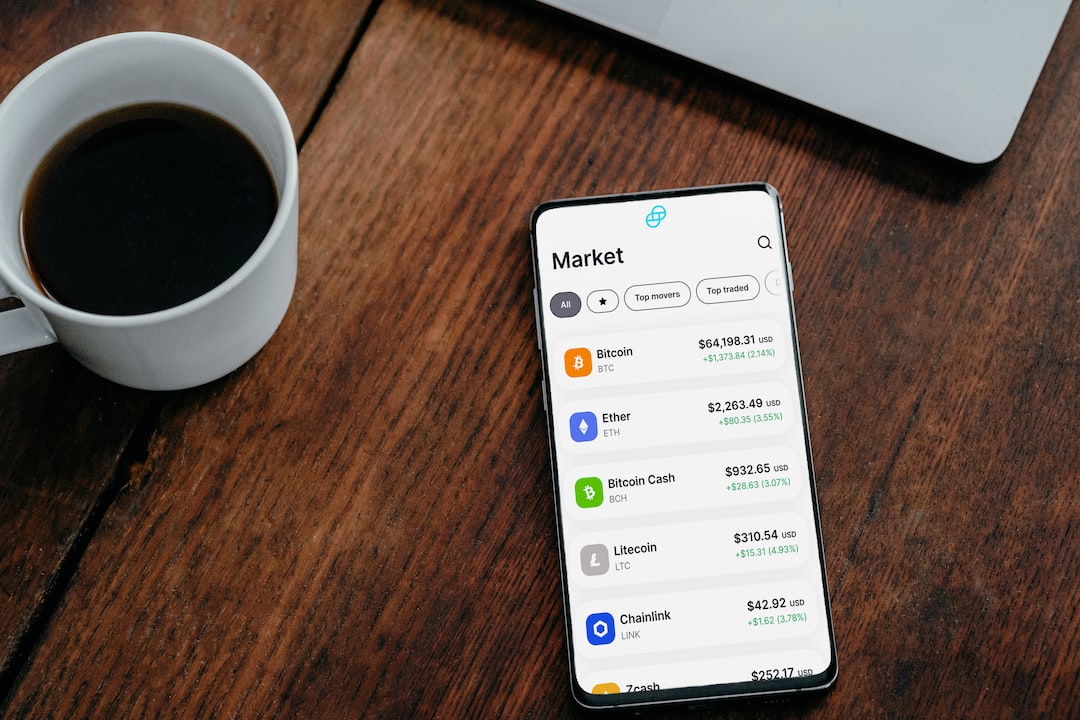Venezuela’s Petro Cryptocurrency to Shut Down on January 15
The Venezuelan government has announced that the Petro (PTR), the country’s national cryptocurrency, will cease operations on January 15. Introduced in 2018 as a way to evade US sanctions, the Petro failed to gain widespread adoption. The announcement of its shutdown was made on a government-run website dedicated to the cryptocurrency, which is currently inaccessible. The Petro was initially launched as an oil-backed cryptocurrency after Venezuela’s fiat currency, the bolivar, faced significant devaluation due to US sanctions. Despite efforts to promote it internationally and domestically, the Petro never became legal tender and struggled to gain traction.
The Struggle for Adoption
Mandated by President Nicolas Maduro, the Petro faced opposition from parliament. Although it achieved full functionality in 2020, it failed to gain traction globally. The Maduro government attempted to promote it to other countries but without success. Domestically, the Petro was not declared legal tender, and even Banco de Venezuela, the country’s largest bank, refused to accept it without a presidential order. Additionally, the head of the National Superintendency of Crypto Assets responsible for overseeing the Petro was arrested on charges related to financial improprieties.
The Failure of Plans
Despite plans by the Central Bank of Venezuela to create a central bank digital currency (CBDC) in 2021, these plans never materialized. The closure of various crypto exchanges and mining operations also occurred due to a crackdown on cryptocurrency activities in the country. Ultimately, the Petro proved unsuccessful in navigating Venezuela’s economic challenges.
Hot Take: Venezuela’s Petro Fails as National Cryptocurrency
Venezuela’s attempt at creating a national cryptocurrency with the Petro has come to an end. Launched as a way to evade US sanctions and combat economic challenges, the Petro failed to gain widespread adoption both domestically and internationally. Despite efforts to promote it and plans for a central bank digital currency, the Petro struggled to gain traction. The closure of the Petro highlights the challenges faced by countries in implementing their own cryptocurrencies and the importance of regulatory clarity and public trust. As Venezuela moves forward, it remains to be seen what approach it will take in the evolving landscape of cryptocurrencies.





 By
By
 By
By
 By
By
 By
By
 By
By